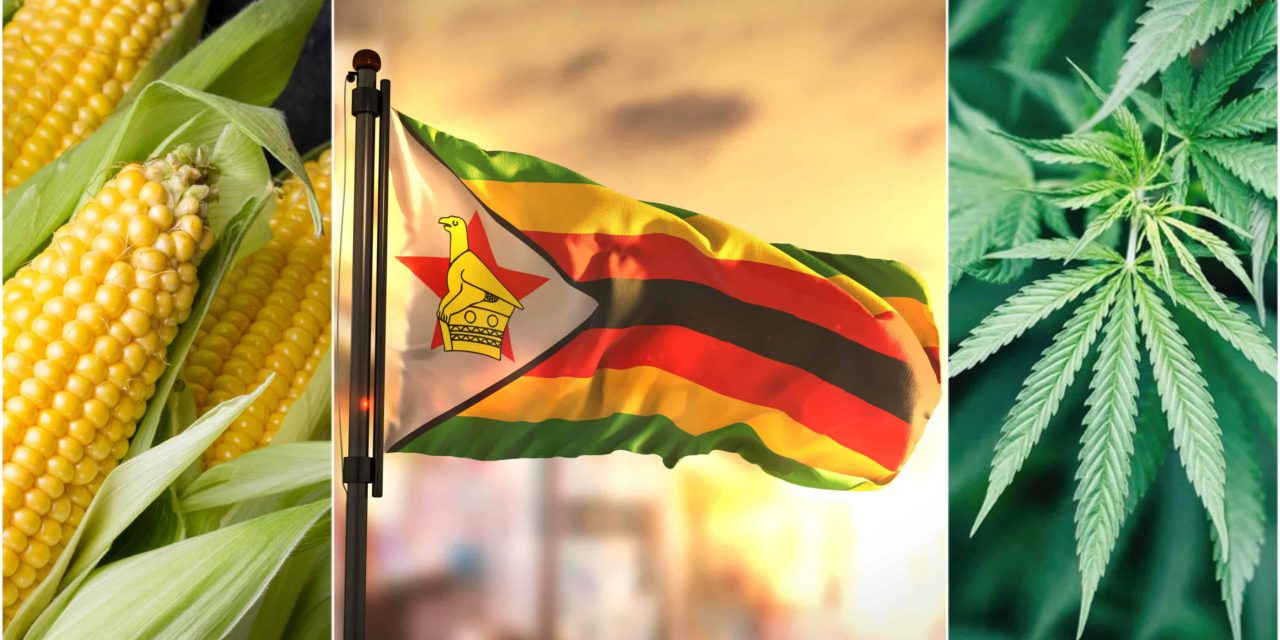Farmers in Zimbabwe Ditch Corn for Lucrative Hemp Production
Move over corn, there’s a new crop in town. Zimbabwean farmers are shifting their focus from traditional staple crops to the highly profitable hemp production. But while this may bring economic growth to the country, leaders are concerned about potential disruptions to food security.
According to the Zimbabwe Food and Agriculture Organization, agriculture contributes 18% to the country’s GDP, with corn being the main staple crop. However, the country has also adopted a unique approach to hemp production, setting itself apart from other nations.
In February 2023, Zimbabwe increased the THC limit for industrial hemp from 0.3% to 1%, opening up new opportunities for the industry. This change has caught the attention of international companies, who are now looking to capitalize on the growth potential of Zimbabwean hemp.
While the rapid changes in the country’s economy are promising, they also raise concerns. The country’s hemp industry is governed by the Agricultural Marketing Authority (AMA), and the shift towards hemp production marks a new era for a country that has long relied on food production. This has sparked worries about the potential negative impact on food security, challenging Zimbabwe’s agricultural legacy.
Despite these concerns, international interest in Zimbabwean hemp is on the rise. The country has already exported over 8,000 tons of hemp to countries like Poland, Switzerland, and Germany. Companies like Plantiqua Hemp, based in Poland, are working to improve the quality and marketability of Zimbabwean hemp.
AMA agribusiness director Jonathan Mukuruba is optimistic about the future of the hemp industry in Zimbabwe. “With a growing interest in the sector, Zimbabwe is on track to become a regional leader in industrial hemp production,” he said.
However, with a poverty rate of nearly 40%, food security remains a top priority for local leaders. “Poverty” in Zimbabwe is defined as living on less than $2.15 per day. Dr. Frank Magama, CEO of Kutsaga Research Station, acknowledges the potential of hemp but also stresses the importance of maintaining food security. “As we explore the potential of hemp, we must also consider our longstanding tradition of food production and the critical importance of maintaining food security,” he stated.
Kutsaga Research Station is currently conducting research to identify hemp varieties suitable for Zimbabwe’s climate and soil conditions. With the right approach, hemp production could bring significant economic benefits to the country while also ensuring food security for its people.






